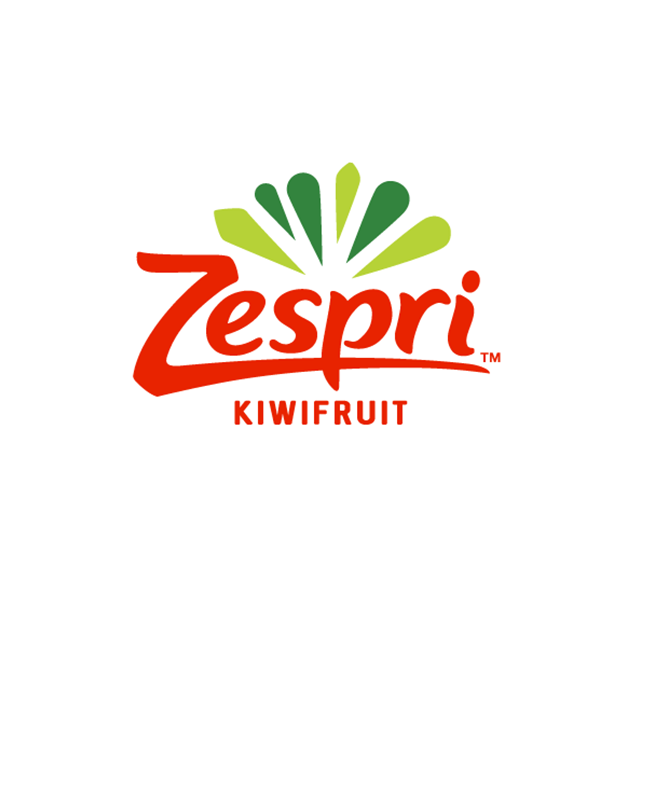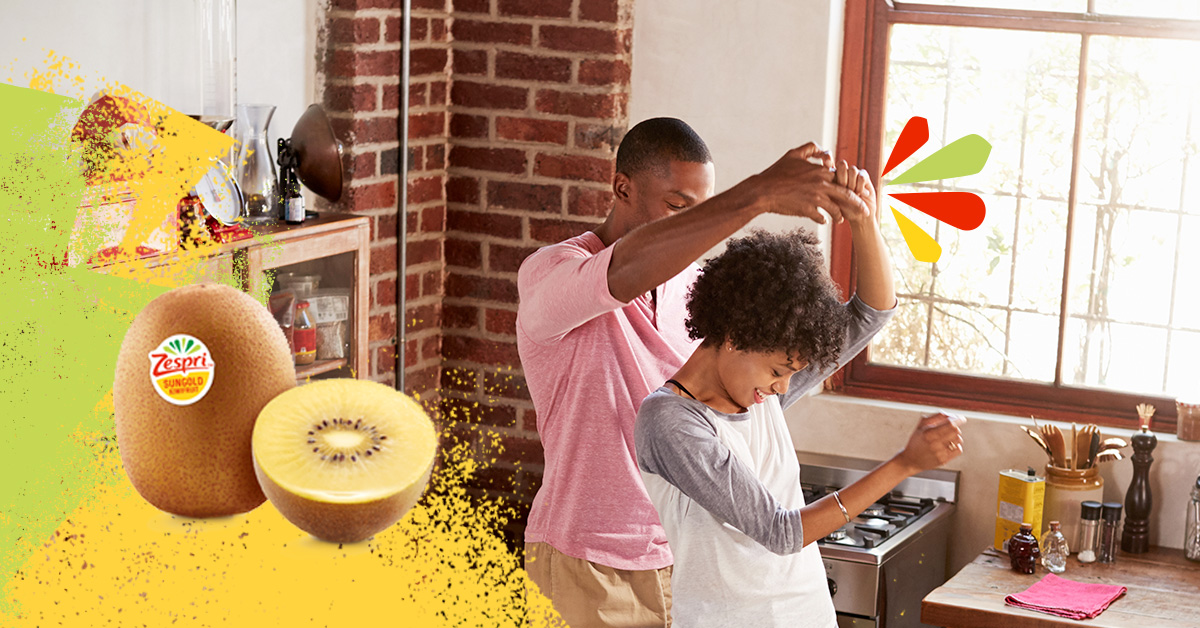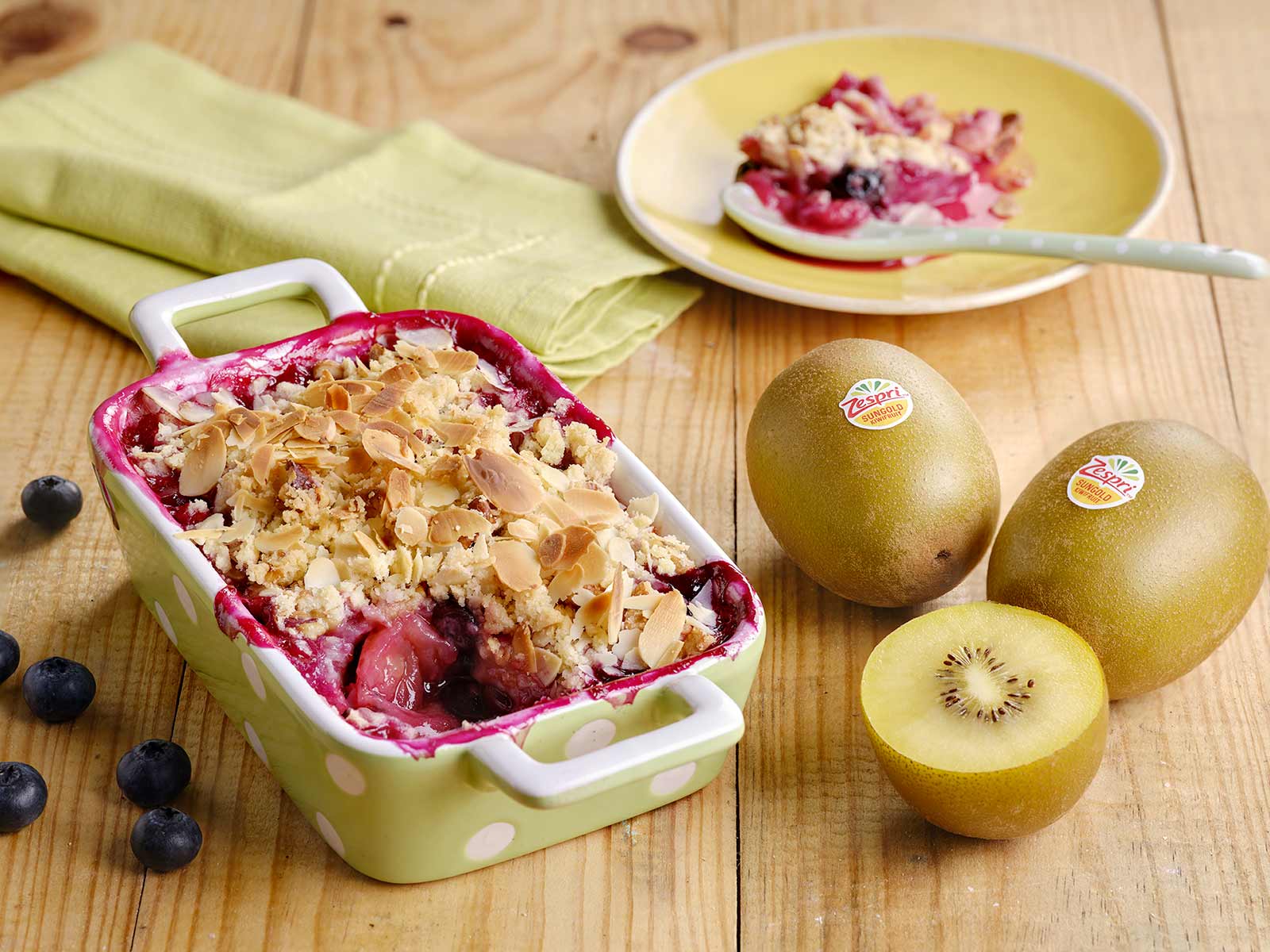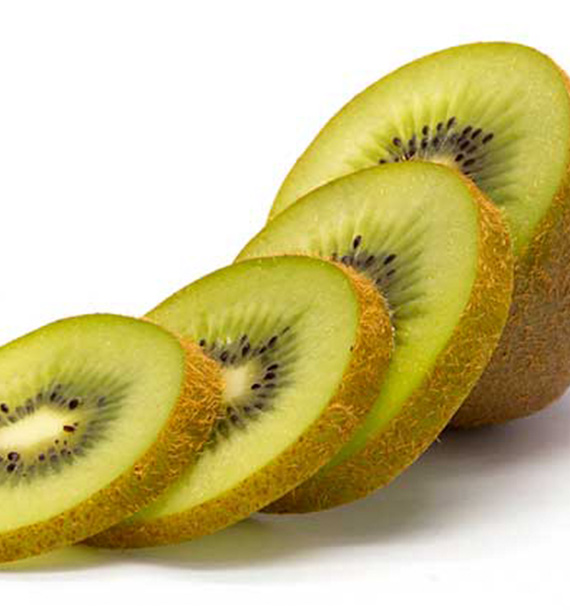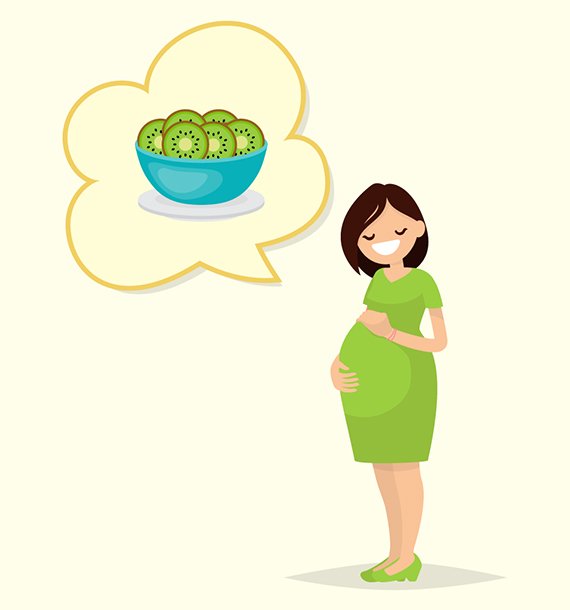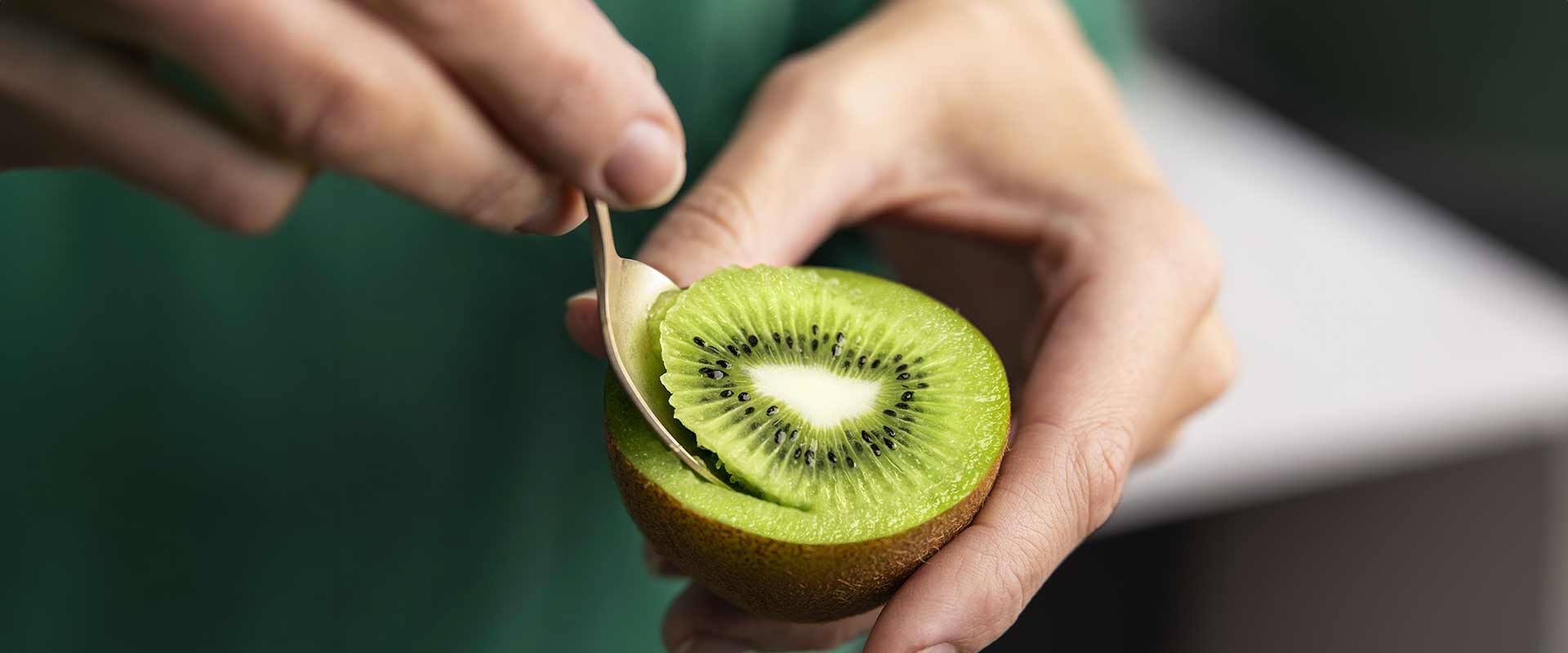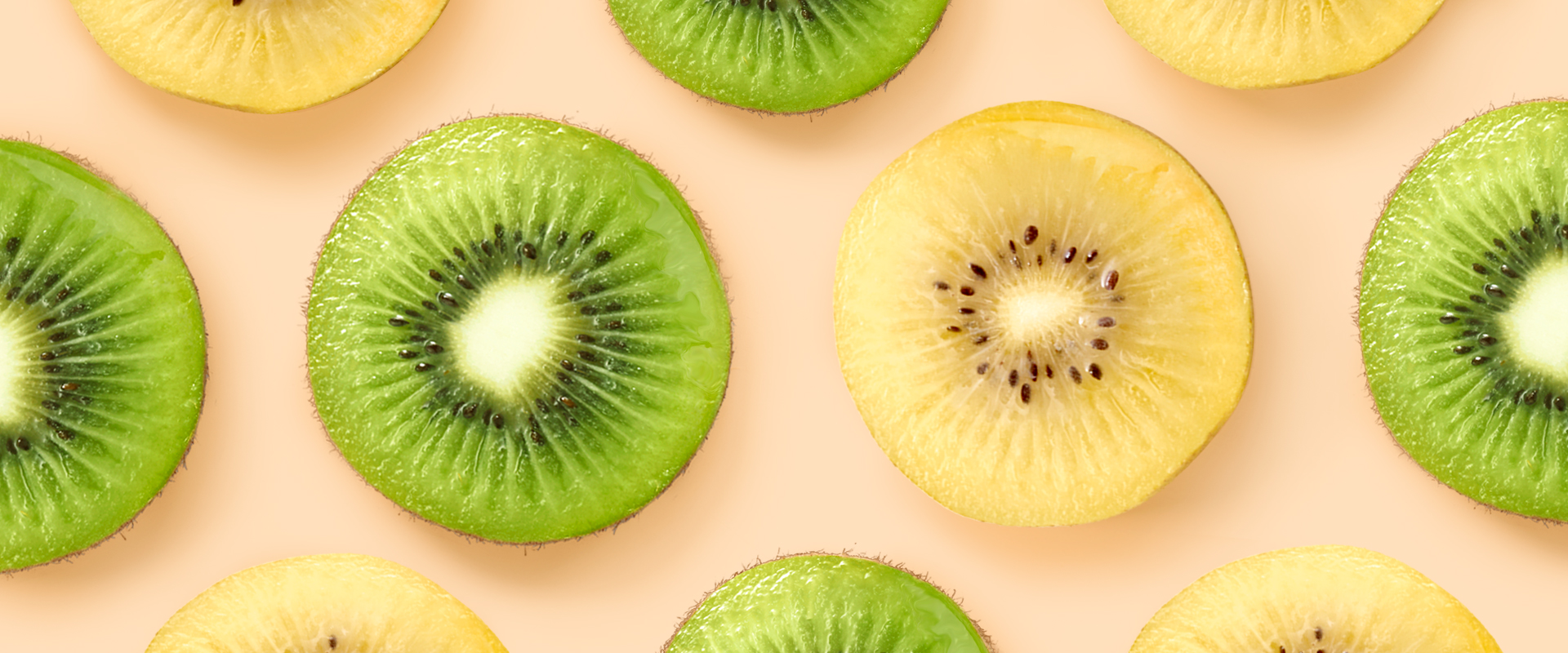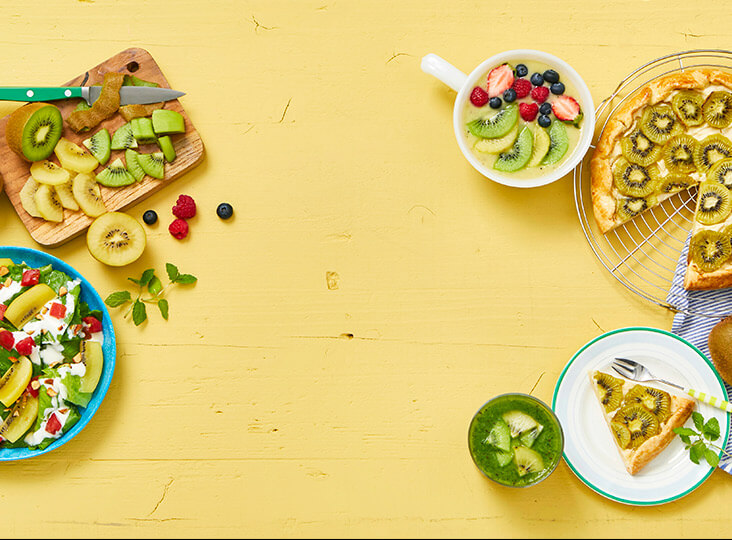4 health-boosting home activities
-
Zespri SunGold kiwifruit
-
Vitamin C
-
Potassium
1. Get connected
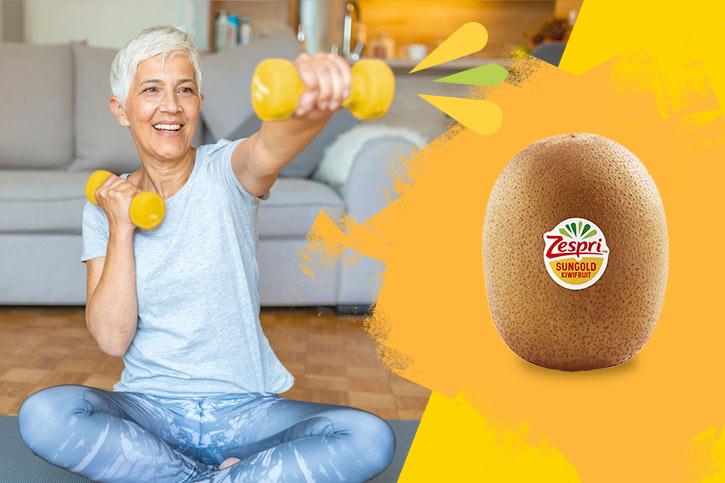
Maybe you can’t go to your usual exercise classes or train with your sports team in person, but there are alternatives that let you keep your distance. Many gyms are offering online versions of their classes and, if you can get friends or family to sign up as well, you could keep each other motivated. How about trying a completely new activity? – did you know you can learn how to tango online? That’s a health boost all the way from Buenos Aires straight to your front room!
2. Give your mind a workout
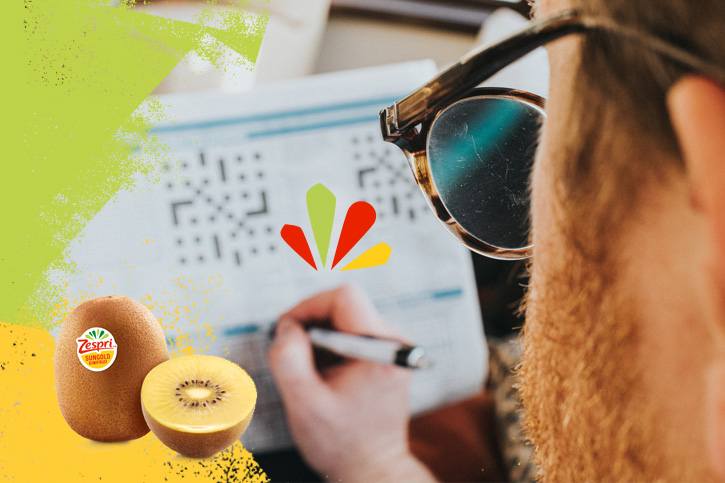
Health-boosting activities don’t have to be physical. Taking care of your mental health is just as important as keeping your body moving. How about starting a morning crossword competition (with some delicious sliced kiwifruit and yoghurt for breakfast) or an after-dinner board game (with some delicious sliced kiwifruit and yoghurt for dessert!).
3. Partner up
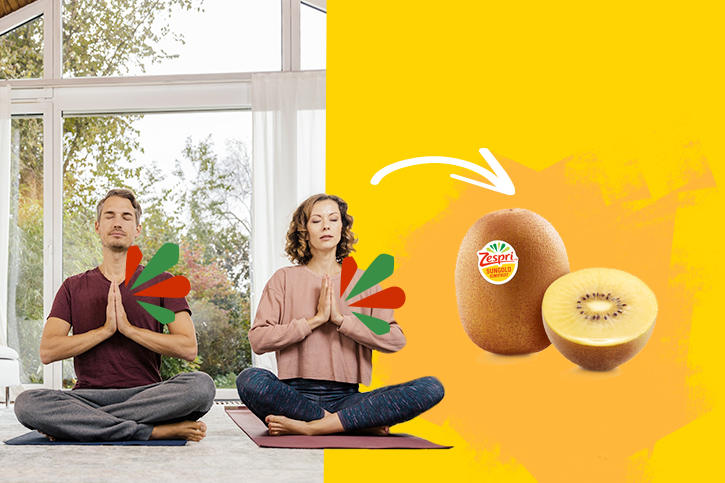
If you’ve got someone you can exercise with, then how about teaming up? Exercise is much more fun with two. You can try high five push ups, resistance band twists, plank jumps… the list is endless! Oh, and talking of things that are better in pairs – did you know that Zespri™ kiwifruit comes in two delicious varieties, Zespri™ Green and Zespri™ SunGold?
4. Rustle up a treat
Whether it’s time for breakfast or dessert, there’s nothing more health-boosting then a tasty dish made with Zespri™ SunGold kiwifruit. After exercise, the body loses key nutrients such as vitamin C and potassium, which need to be replaced for recovery.1,2 High in vitamin C and a source of potassium3, Zespri™ SunGold kiwifruit can help you do just that. Take a look at this flexible recipe for Zespri™ SunGold kiwifruit crumble – morning or night, it will make your healthy irresistible!
References
- 1.Peake JM. Ascorbic acid or vitamin C is involved in a number of biochemical pathways that are important to exercise metabolism and the health of exercising individuals. Int J Sport Nutr Exerc Metab. 2003;13:125-51.
- 2.World Health Organization. Potassium intake for adults and children. Available at: http://www.who.int/nutrition/publications/guidelines/potassium_intake_printversion.pdf (accessed 9 January 2017)
- 3.USDA national nutrient database for standard reference (release 28) 2015. Available from: https://ndb.nal.usda.gov/ndb/ (accessed 9 January 2017)
